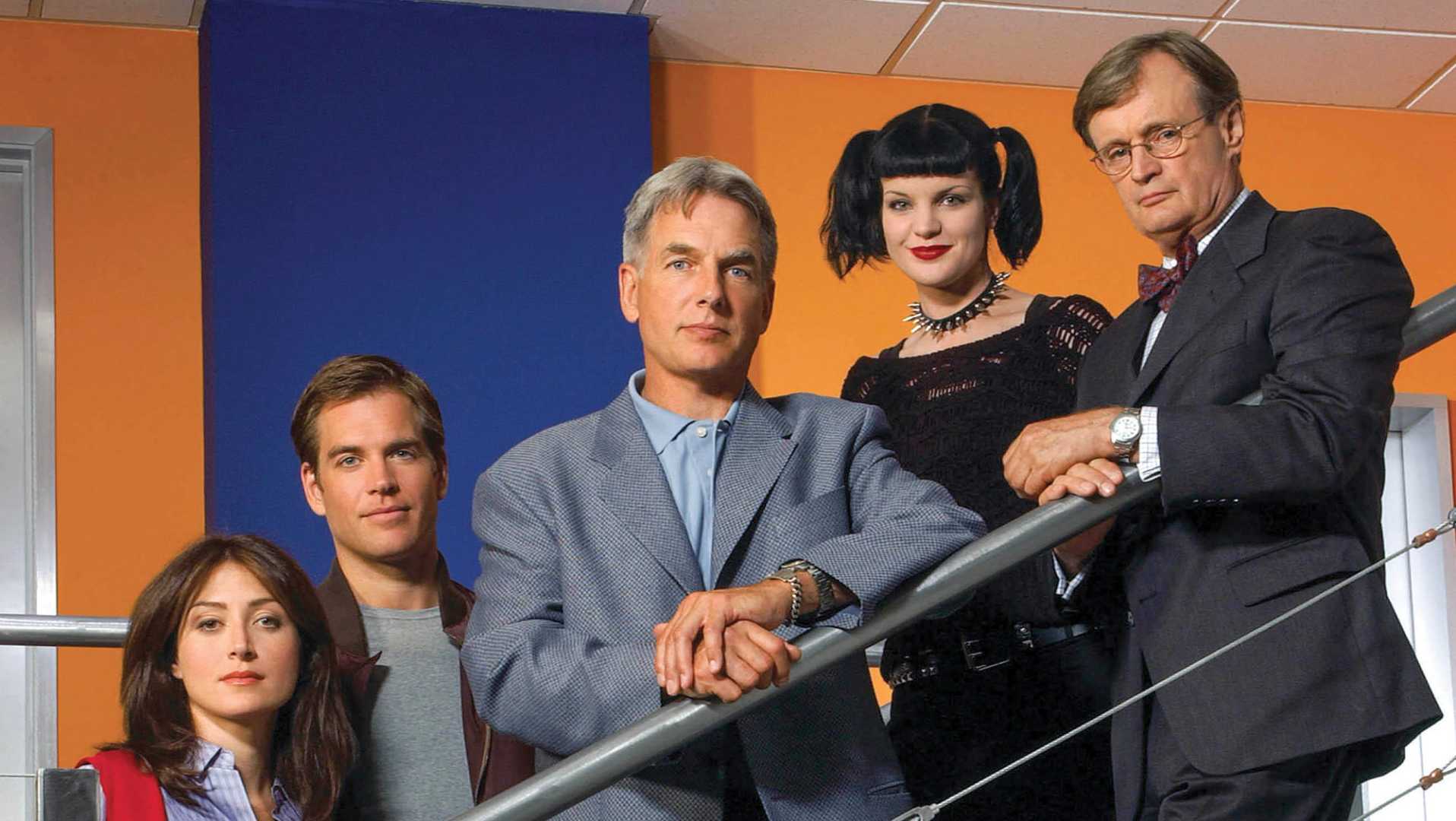Entertainment
Australian Remake of ‘The Office’ Struggles to Differentiate

The much-anticipated Australian remake of the iconic television series ‘The Office’ has premiered, attempting to breathe new life into the beloved mockumentary format originally created by Ricky Gervais and Stephen Merchant. Despite the high expectations, the series has been critiqued for its inability to innovate beyond the existing framework of its predecessors.
With notable successes from its previous versions, including a long-running US adaptation, the latest iteration faced the challenge of offering a fresh take on the well-established concept. However, critics argue that it has failed to present significant innovation, contributing to what some describe as a “morbidly rote” experience. The struggle to reinvigorate the mockumentary format, which has seen numerous adaptations over the years, highlights the show’s reliance on tried and tested formulas. As journalist Stuart Heritage noted in 2015, the use of ‘cutaway character interviews’ has become a stale technique in the modern television landscape.
This Australian version introduces some novelty by casting a female lead, a first for ‘The Office’ franchise. Comedian Felicity Ward takes on the role of Hannah Howard, the Sydney-based manager of Flinley Craddick, stepping into the shoes of the show’s historically male-centric bosses, such as David Brent and Michael Scott. Ward’s portrayal aims to bring depth to the character’s frustrations and vulnerabilities.
The storyline attempts to resonate with contemporary audiences by touching on the shift from remote work back to office settings. However, the comedic aspects of the series, critics suggest, do not quite land, with jokes and scenarios often perceived as outdated. Subsequent episodes revolve around familiar office tropes, such as problems with a pyjama day at work and a malfunctioning coffee machine, offering little novelty to the plot.
Though the show features a talented ensemble cast, including Edith Poor as Lizzie, the gender-swapped dynamic of Gareth/Dwight from previous adaptations, they often appear constrained by the show’s familiar structure. Highlighted episodes include a Melbourne Cup Day-themed storyline and the seventh episode featuring Justin Rosniak as “Reptile Phil.” Yet, these unique instances are marked exceptions rather than the rule.
Interestingly, despite possessing a significant New Zealand influence—with several cast members, writers, and directors hailing from there—the series is branded as an Australian project. This decision raises questions about its identity, indicating a potential need for broader regional representation, possibly as ‘The Office Australasia.’
Felicity Ward’s experience on set reflects a progressive working environment, with significant female representation amongst producers, writers, and directors. This shift in production dynamics underscores the importance of diverse voices in media creation and their impact on the working atmosphere.
‘The Office Australia’ is now available for viewing on Amazon Prime, aiming to reach audiences eager for a fresh comedic take despite its challenges in departing from established traditions.












